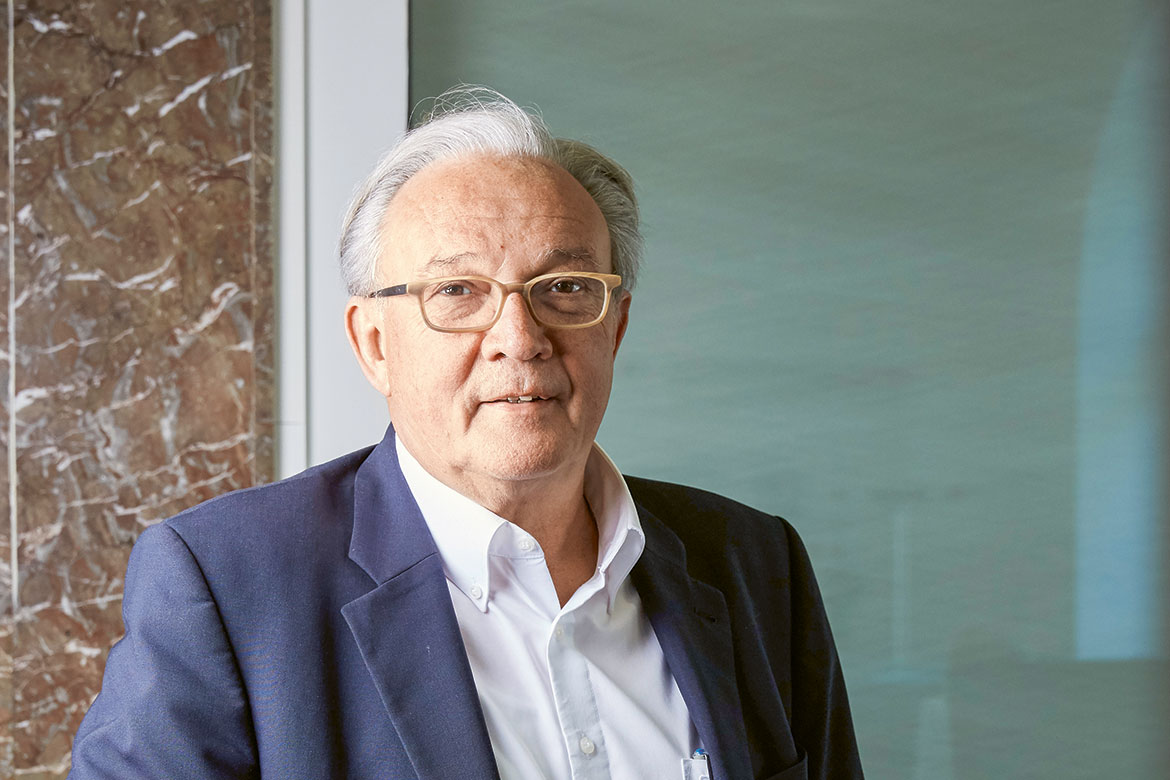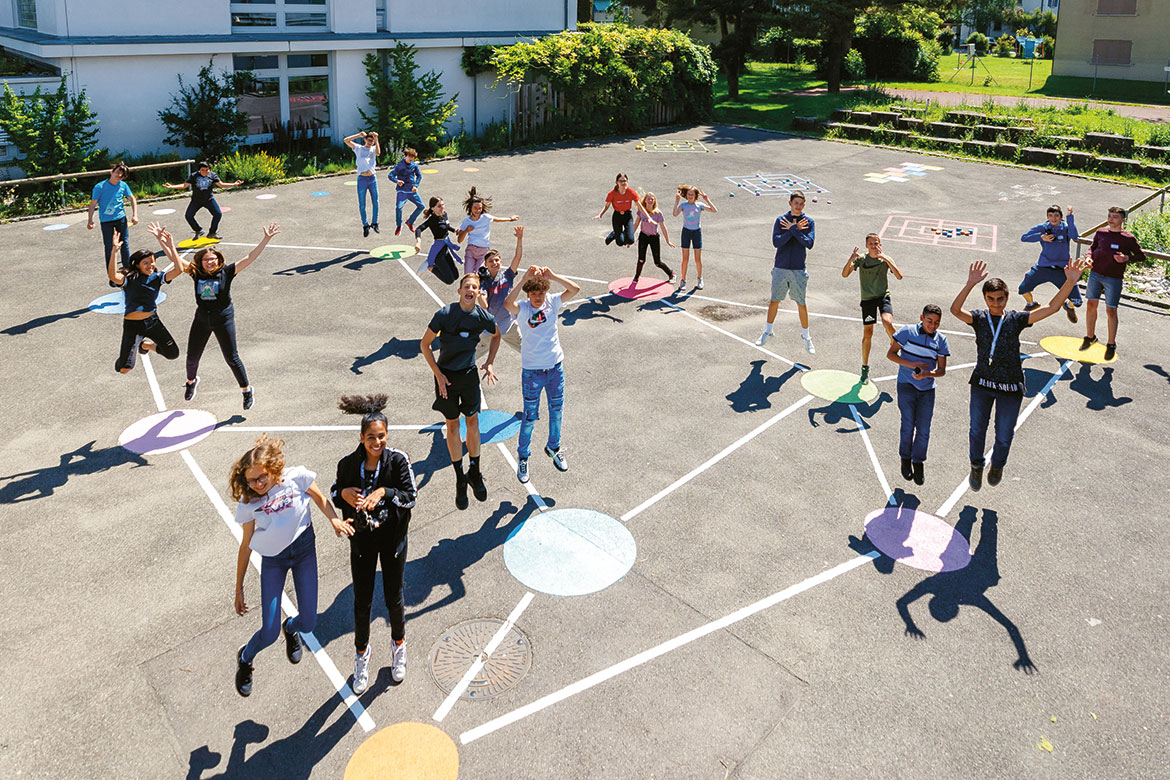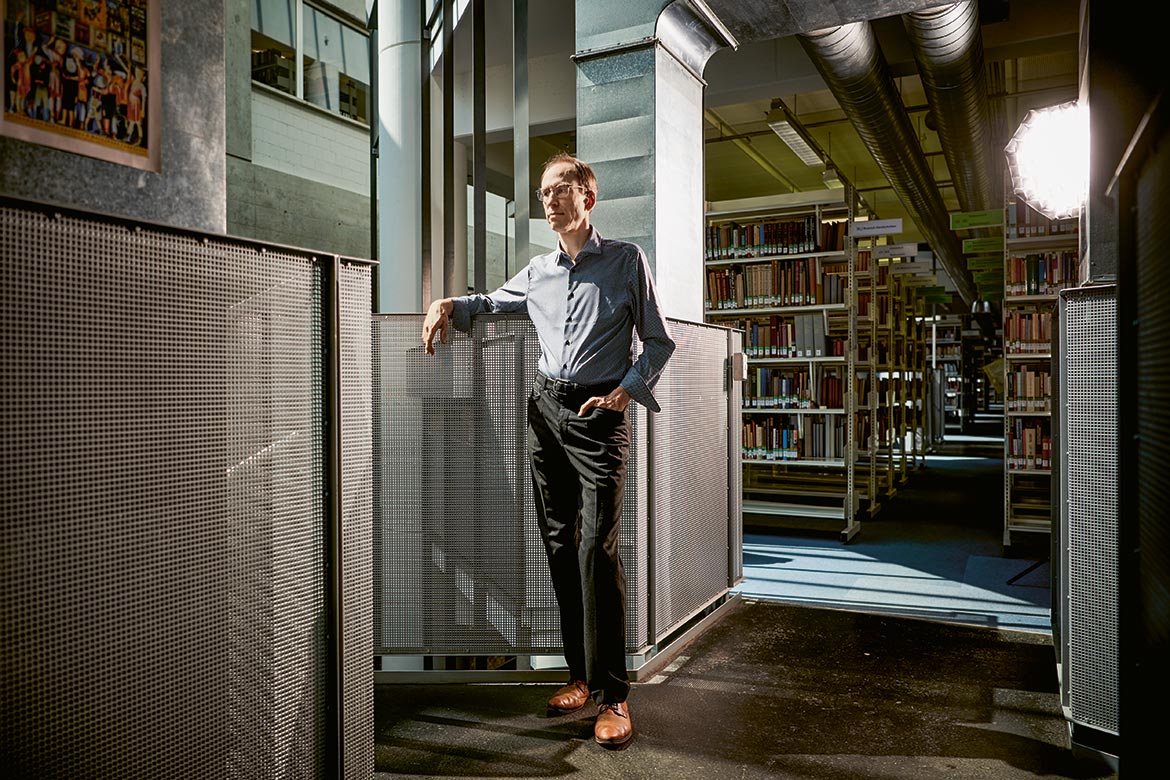Column
Learning together to solve crises together
We would do well to reach out to each other across different societal systems and cultures, says Marcel Tanner, President of a+ @academies_ch.

Marcel Tanner is the President of the Swiss Academies of Arts and Sciences a+. | Photo: Annette Boutellier
“If we can reach out to each other, then we can find viable solutions …” (Simonetta Sommaruga on 7 December 2022)
I would like to follow up on my topic from the December 2022 issue of Horizons, and also touch on the farewell speech given by Federal Councillor Simonetta Sommaruga that same month. As researchers, both the pandemic and the discussions about the climate have taught us that it is not enough just to improve our art of dialogue. Above all, we have to seek a way forward in the jungle of our current systems so that the ‘transmission belt’ between science, politics and society can function properly.
We really don’t need any more forums, meetings or reports with diagnoses of what’s wrong. We still don’t even have the case-management strategies we need. It is up to us to find concrete solutions in our networks with the appropriate competence centres so that the findings of science reach our decision-makers directly, not merely through the prevailing, diffuse channels. Those findings include both knowledge and non-knowledge, options for action, and uncertainties.
We need to enter into partnerships that function on an equal footing. This will mean learning together how to find the most efficient ways to resolve issues and crises. Every partnership is founded on clearly defined roles and responsibilities at all levels. Sommaruga’s above-mentioned words sum up what ‘partnership’ actually involves: we scientists have to intensify transdisciplinary cooperation, and we also have to reach out to each other so that generating scientific proofs and the concomitant options for action becomes iterative, sustainable, and rooted in society.
Of course we have to be persistent in this; we have to practise scientific rigour, we have to involve our head, heart and hands, and we must act with sincere humility. This is what experience has taught us over the course of the decades, and it will promote a fertile climate in the ecosystem of science, politics and society that will ensure future innovation and viable solutions.
Research partnerships with countries of the Global South have brought much success in combating poverty-related diseases, e.g., malaria, HIV/AIDS and other, neglected diseases, but only when these partnerships have been created on an equal footing with a view to ‘mutual learning for change’ and establishing the necessary iterative processes. We would do well to learn from each other across the boundaries of our different systems and cultures, especially because resource-poor societies with highly fragile socio-political structures have often developed more efficient paths to transmit knowledge from science to politics and to society. We don’t live in the first, second or third world. We live in one world.




